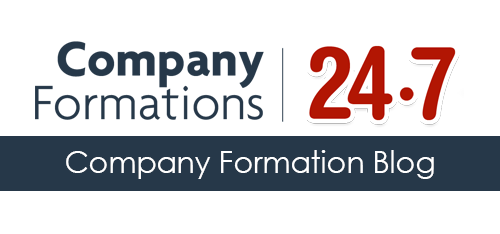When a limited company forms, there are many different payments which have to be met by law. A limited company must take into consideration the NIC’s which they are likely to pay as well as their rate of Corporation Tax – it is recommended that the latter of which should be done on a limited company’s behalf by a Corporation Tax agent. If profit margins exceed £77,000, a limited company should be registered for Value Added Tax (VAT).
Who should be registered for VAT?
Not only must a partnership and a company be registered for VAT but so too should associations, charities, clubs, individuals and groups of people or organisations which are acting together under a certain name. As long as they are receiving money for services that they are responsible for and their profits exceed £77,000, they should be VAT registered but there are certain exceptions which means that this doesn’t have to happen.
If a business deals primarily with items which are exempt from VAT, they won’t have to be registered. When a limited company deals primarily in insurance, finance or credit, VAT does not have to be paid. Other VAT exceptions include if a limited company deals in education or if they organise fund raising events on behalf of charities.
Registering for VAT
When a limited company has identified that they should be VAT registered because their profits exceed £77,000, they should notify HMRC (Her Majesty’s Revenue and Customs) as soon as possible. It typically takes a month for a limited company to become VAT registered although it may take longer if additional checks have to be carried out. Once the VAT registration process has been completed, HMRC will provide a VAT registration number and certificate. It is strongly recommended that these are kept in a secure environment because they are needed when submitting a VAT Return.
Even before a limited company becomes VAT registered, records must be kept. This is because a limited company is regarded as being able to pay VAT by HMRC on the exact same day when their profits reach £77,000. It is the responsibility of limited companies to inform HMRC that they should be paying VAT and not vice-versa.
What happens next?
Once a limited company has been given their unique VAT registration number, VAT should be charged to goods and services which are not exempt from VAT. Such goods and services might be required in the day-to-day running of a business and any services which employees have completed for customers. VAT is applied on the full amount of money which is invoiced and not a percentage. Here are some of the many items and situations which VAT must be applied on:
– When business assets are sold
– When goods are loaned or hired
– Any commission which is received after it has been sold on behalf of another company or person
– When services are supplied to a business which are then used privately
– Any gifts
If a limited company provides gifts to another business or person but they are not used for marketing purposes, they are exempt from VAT. When services are supplied by a limited company and no invoice is sent because they have not asked for any money, this is also VAT exempt as well.
How a VAT Return is submitted
Unlike what happens with a Tax Return, a VAT Return is submitted at the end of each VAT period (which is normally every three months) to HMRC. A wide variety of information is on a VAT Return form such as:
– How many sales and purchases were made by a limited company
– The total amount of VAT which has been charged to customers
– Any goods which were sold to customers and/or were purchased from suppliers that are in other EU countries
– The amount of VAT which a limited company believes they should be charged
A VAT Return can be submitted online via the HMRC VAT Online Service and an accountant can do this on the behalf of a limited company. When it has been completed digitally, the total amount of VAT which a limited company has to pay can be done electronically such as via Direct Debit. A paper-based VAT Return can be made but should only be completed if a limited company has been told that they are exempt from filing a VAT Return online.
When a limited company adheres to the rules regarding VAT which are imposed by HMRC, they will be able to continue trading and know the exact rate of VAT which has to be paid. A limited company will also know whether their services or products are liable for VAT at all.




